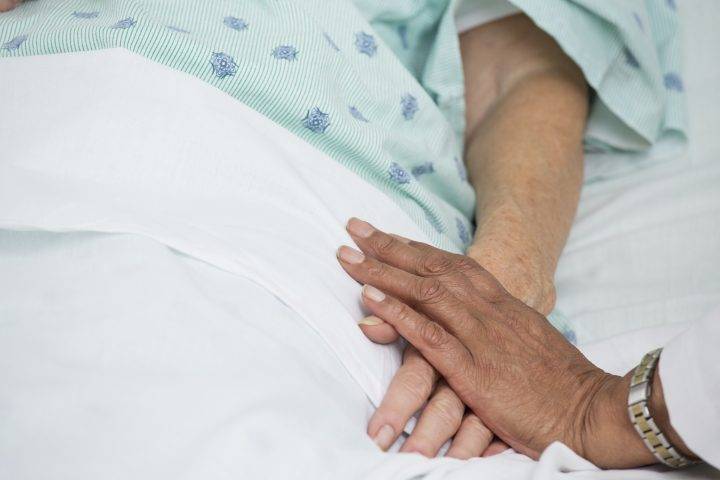Manitoba has seen an increase in requests for medically assisted death since the procedure became legal in Canada, provincial data shows.

Shared Health tells Global News there were 223 medically assisted deaths in Manitoba last year compared to 24 when the service first started in 2016.
The data comes as the federal government tabled a bill Thursday that will delay an expansion of medically assisted dying to people with mental disorders as their only underlying condition.
The bill seeks to delay the expansion until March 17, 2024.

The expansion of medical assistance in dying (MAID) was set to include patients with mental illness in March due to a two-year sunset clause that was built into an update to the MAID law in 2021.
Justice Minister David Lametti, who tabled Thursday’s bill, announced in December 2022 that Ottawa intended to seek the delay after hearing concerns the health-care system might not be prepared for an expanded regime.
Most stakeholders involved in administering assisted dying would have been ready to allow the expansion to go ahead next month, but some provinces and legal regulatory bodies needed more time, due in part to delays caused by the COVID-19 pandemic, Lametti said.

Get weekly health news
A spokesperson for Shared Health said Manitoba is looking at existing and anticipated demand for MAID “with the aim of offering services in a way that ensures safety, protects those who may be vulnerable, and supports both patients and providers in making informed decisions.”

The data from Shared Health shows the most common underlying conditions of MAID patients are consistent with the leading causes of death in Canada: cancer and diseases of the heart.
While 2022 numbers weren’t yet available, in 2021, the data shows cancer made up 62 per cent of patient deaths in Manitoba, followed by about 13 per cent each for cardiovascular and neurological conditions.
The number of formal written requests for MAID in Manitoba climbed from 36 made in 2016 to 387 in 2021, the year that saw the most requests made, according to Shared Health’s numbers.
There were 341 formal written requests for MAID made in 2022, the numbers show. Of those, 314 requests were approved, leading to 223 medically assisted deaths in Manitoba last year.

Officials say there are typically more approvals for the service than there are deaths every year, due to withdrawn requests or people dying before they get MAID.
The federal government originally passed medical assistance in dying into law in 2016 for Canadians suffering from physical injuries and illness but was forced to make changes to the law in 2021 after a Quebec court ruled the law was too restrictive.
The Quebec Superior Court 2019 ruling said limiting MAID to those whose deaths were “reasonably foreseeable” was unconstitutional.
The government did not plan for the law to extend assisted dying eligibility to people whose sole underlying condition is a mental illness, but the Senate added this provision to the law, arguing that excluding people with mental illness would violate their right to equal treatment.
— with files from Teresa Wright








Comments
Want to discuss? Please read our Commenting Policy first.